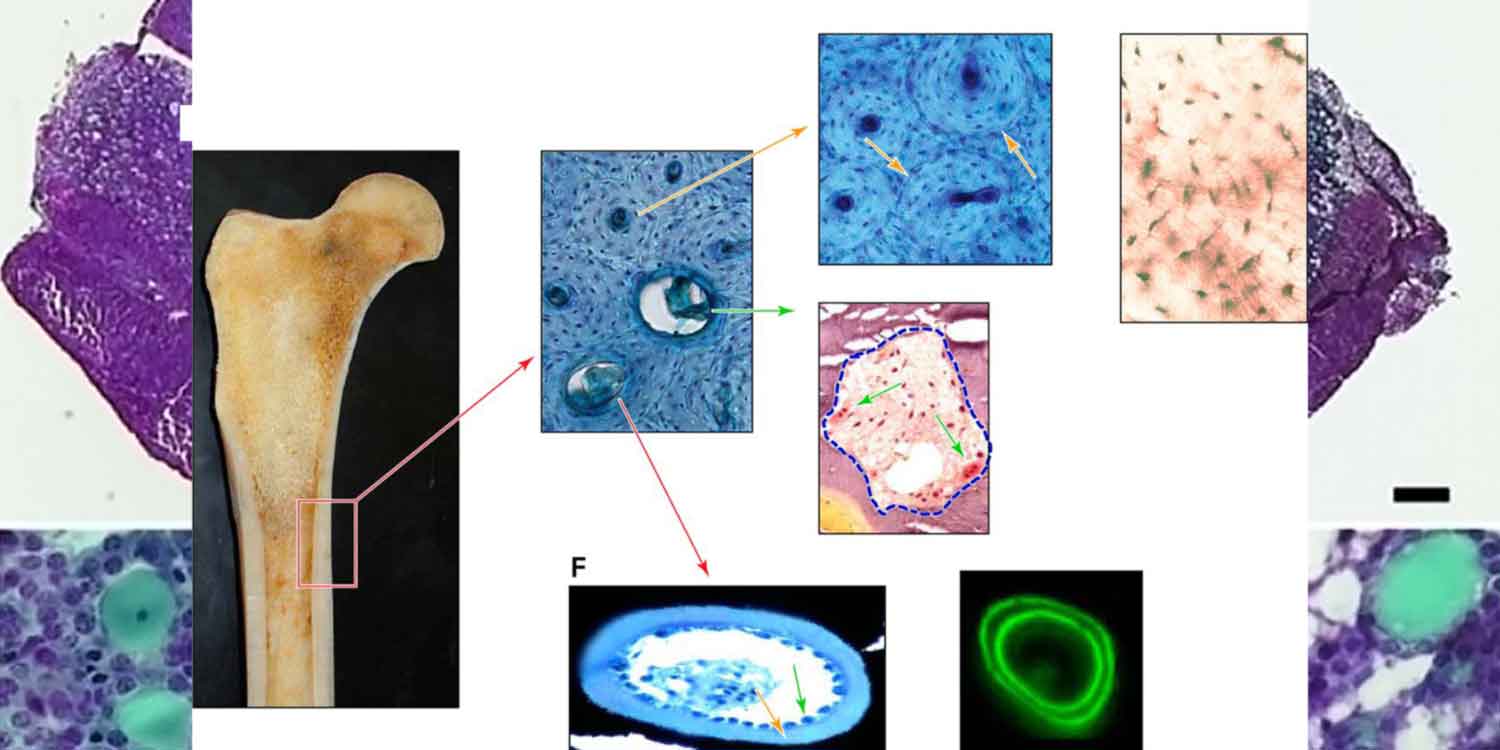Calcium / bone disorders include a wide range of conditions caused by calcium imbalances. Some are reversible when detected early and the child is treated. Others stabilise when the bones stop growing, and the rest require monitoring and lifelong treatment.
Calcium is essential for the normal operation of a variety of body functions, such as muscle contractions, enzyme function, etc. The parathyroid glands produce two hormones, which control the level of calcium in the blood. These hormones are:
- Parathyroid hormone (PTH): the levels of parathyroid hormone increase when calcium levels fall, and vice versa. Moreover, this hormone prompts the gastrointestinal system to absorb calcium and the bones to release it.
- Calcitonin: this hormone is produced by the thyroid gland and is responsible for lowering calcium levels by storing it in the bones.
Calcium / Bone Disorders: Rickets
Rickets is a bone disorder in which the child’s bones become soft, resulting in fractures and deformities. It is most often caused by the reduced consumption of milk (maternal or substitute), leading to decreased calcium intake. Another cause of rickets in children is a Vitamin D deficiency that may be due to poor nutrition or lack of exposure to the rays of the sun.
Calcium / Bone Disorders: What are the symptoms of rickets?
Infants with rickets usually have a very soft skull and may experience convulsions, while disfiguration of the chest makes them more susceptible to respiratory infections. They exhibit slow growth and weak muscles. As the child grows, the other bones also become soft and develop abnormally. In more serious cases, deformities in the spine can occur.
Calcium / Bone Disorders: How is rickets diagnosed?
Visit your doctor if you suspect that your child has rickets. Diagnosis is based on clinical tests including blood tests, an x-ray or possibly a bone density scan.
Calcium / Bone Disorders: How is rickets treated?
The aim of the treatment is to address the cause. When rickets is due to a Vitamin D deficiency, the vitamin is administered and the diet is adjusted.
Calcium / Bone Disorders: Hypercalcaemia
The term hypercalcaemia is used to describe elevated blood calcium levels. It presents as mild (11.9 mg/dL), moderate (11.9+14.9 mg/dL) and severe (over 15 mg/dL). When calcium values exceed 15 mg/dL, the condition is critical and can endanger the life of the patient.
Calcium / Bone Disorders: What are the symptoms of hypercalcaemia?
Symptoms of hypercalcaemia include:
- Headaches
- Unsteady gait
- Muscular weakness
- Confusion
- Anorexia
- Motion sickness
- Constipation
- Musculoskeletal disorders
- Kidney disease.
Newborns may be asymptomatic or exhibit low muscle tone (hypotonia), hypertension or seizures.
Calcium / Bone Disorders: What is cause of hypercalcaemia?
The causes of hypercalcaemia are:
- Hyperparathyroidism
- Granulomatous diseases such as Crohn’s disease
- Other factors such as Addison’s disease, hypervitaminosis D, Paget’s disease.
Calcium / Bone Disorders: How is hypercalcaemia diagnosed?
The diagnosis is based on the results of:
- Blood tests to measure calcium, phosphorous levels and the values of the parathyroid hormone and Vitamin D
- Bone x-rays (skull, pelvis, limbs).
Calcium / Bone Disorders: How is hypercalcaemia treated?
Treatment begins with the hydration of the child. Pharmaceutical preparations are then administered depending on the cause of the problem. In cases of severe hypercalcaemia, close monitoring and treatment is needed in order to stabilise calcium levels.
Calcium / Bone Disorders: Hypocalcaemia
Hypocalcaemia is a bone disorder caused by low blood calcium levels (under 8.5 mg/dL). A child born with hypocalcaemia has difficulty growing, as well as diarrhoea and dyspepsia. In pre-puberty, low calcium levels in girls can affect the development of their gender characteristics and delay the onset of puberty.
Calcium / Bone Disorders: What are the symptoms of hypocalcaemia?
Hypocalcaemia symptoms include:
- Weak muscles
- Tetany
- Cramps
- Convulsions
- Bone lesions
- Incomplete tooth formation.
Calcium / Bone Disorders: What is the cause of hypocalcaemia?
Hypocalcaemia may be due to:
- Endocrine disorders (hypoparathyroidism, myeloid thyroid carcinoma)
- Vitamin D deficiency
- Loss of calcium (due to renal insufficiency)
- Magnesium deficiency.
Calcium / Bone Disorders: How is hypocalcaemia diagnosed?
The endocrinologist will take a detailed medical history of the child and the rest of the family to see if there is a genetic disorder that could cause hypocalcaemia. The diagnosis is confirmed through laboratory testing including measuring levels of calcium (total and ionised), phosphate, magnesium, creatinine, parathyroid hormone and Vitamin D.
Calcium / Bone Disorders: How is hypocalcaemia treated?
The aim of the treatment is to control the symptoms of hypocalcaemia and minimise potential complications. However, it depends on the cause, the severity of the symptoms and the calcium levels in the blood. It usually requires the administration of calcium and Vitamin D. Monitoring of the child by an endocrinologist is essential.

